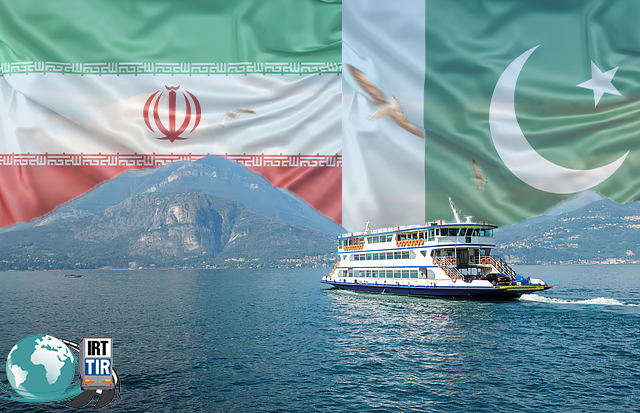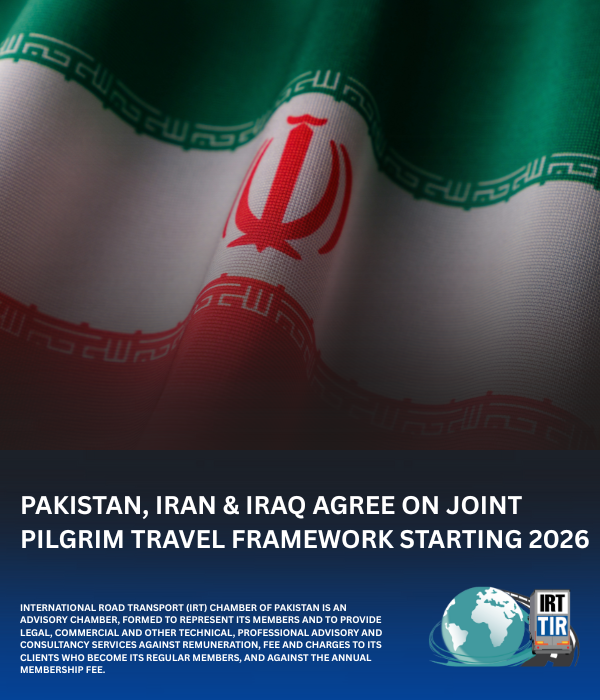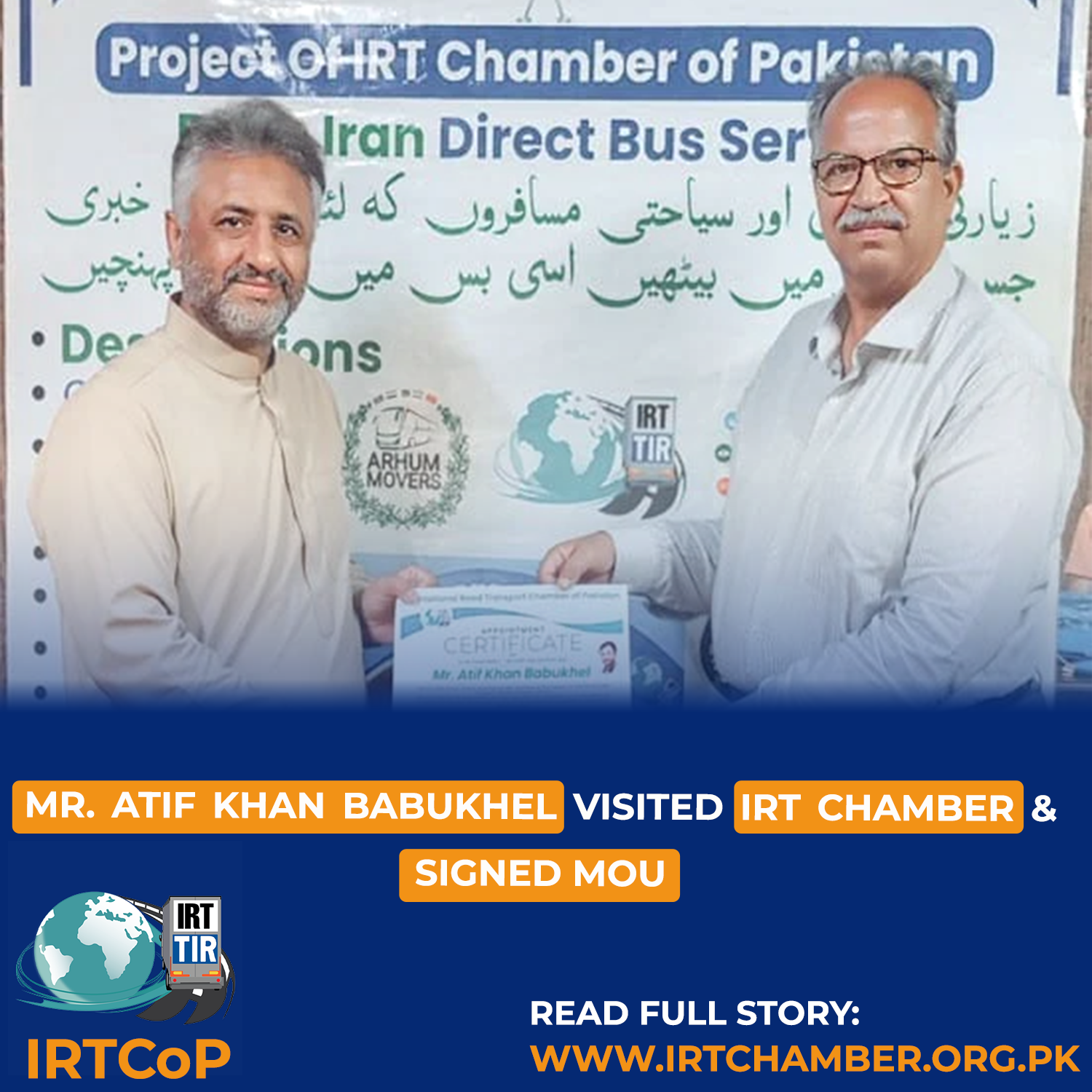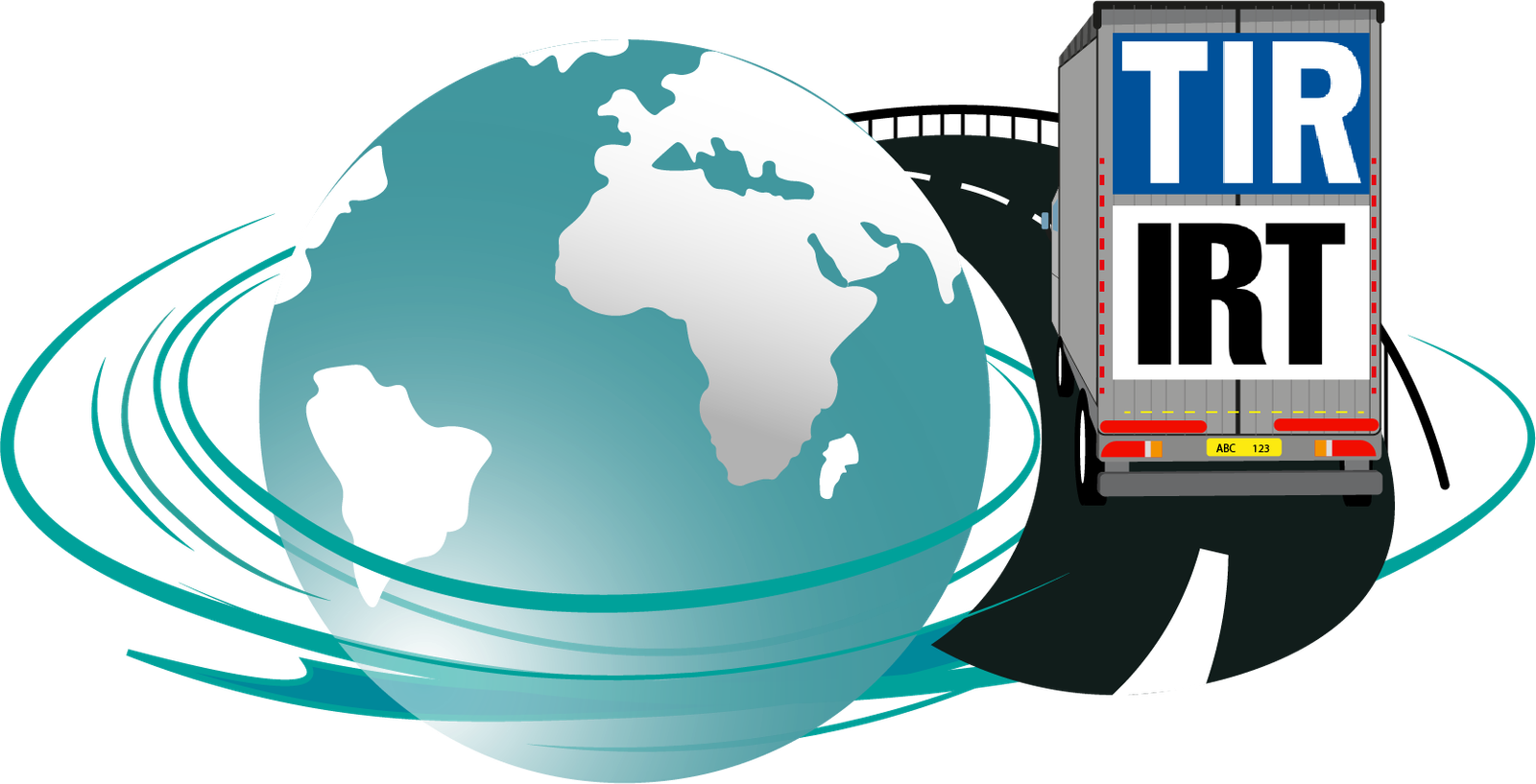In 2021, the Federal Board of Revenue (FBR) of Pakistan introduced a groundbreaking set of rules marking a significant milestone in the nation’s economic strategy. For the first time, Pakistan formally established a tax-free zone in the city of Gwadar, located in the southwestern province of Balochistan. This development not only designated Gwadar as Pakistan’s first tax-free city, but also, symbolically and strategically, as the country’s first weapon-free zone.
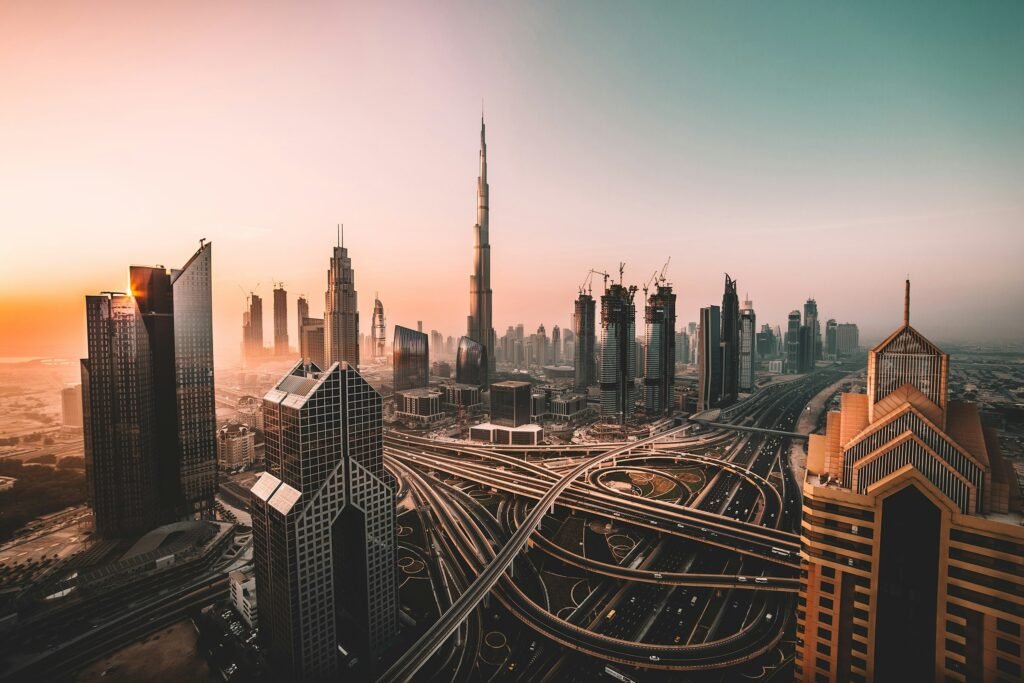
The Rise of Gwadar as a Strategic Economic Hub
Gwadar’s transformation into a tax-free zone is deeply rooted in Pakistan’s broader vision of regional connectivity, foreign investment attraction, and sustainable economic growth. Strategically located on the shores of the Arabian Sea and forming a key component of the China-Pakistan Economic Corridor (CPEC), Gwadar has long been poised to emerge as a global logistics and commercial hub.
The 2021 FBR documentation formalized the city’s special status, outlining a comprehensive framework of tax exemptions, fiscal incentives, and customs concessions. These measures are designed to create a highly attractive environment for both local and international investors.
Key Features of the Tax-Free Status
The official rules issued by FBR offer a range of unprecedented benefits to businesses and individuals operating within the Gwadar Free Zone, including:
Full income tax exemption for businesses established in the zone.
Zero customs duties and sales tax on the import of capital goods, plant, and machinery.
Exemption from federal excise duty on certain services and products.
No withholding taxes on dividends and other payments.
Such incentives have been structured to encourage the inflow of capital, promote industrial development, and accelerate economic activity in the region.
Gwadar as a Weapon-Free Zone: Symbol of Peace and Progress
Alongside its economic transformation, Gwadar has also been declared a weapon-free city, a move intended to enhance its image as a secure and investor-friendly destination. This policy underscores the government’s commitment to fostering a peaceful environment where commerce, tourism, and trade can thrive without disruption.
The combination of tax and weapon-free policies is rare in the region and reflects a forward-thinking approach to urban and economic planning. It also positions Gwadar as a potential model city for future development initiatives in Pakistan and across South Asia.
A Turning Point for Pakistan?
Gwadar’s new status could be seen as a bold step toward redefining Pakistan’s economic and geopolitical landscape. By offering a stable, secure, and tax-incentivized zone, the country is signaling its readiness to welcome global businesses and play a more central role in regional trade and connectivity.
The success of Gwadar’s transformation, however, will depend on consistent policy implementation, transparent governance, and effective infrastructure development. If managed strategically, Gwadar could serve not just as a port city, but as a symbol of Pakistan’s economic rebirth and its aspiration to become a key player in the global economy.
Conclusion
The declaration of Gwadar as Pakistan’s first tax-free and weapon-free city is more than just a policy shift; it is a statement of intent. It reflects a vision for a modern, open, and investment-friendly Pakistan—one that prioritizes peace, economic growth, and international collaboration. As the city evolves, it will be crucial to watch how these foundational changes unfold and whether Gwadar truly becomes the new beginning it promises to be.



